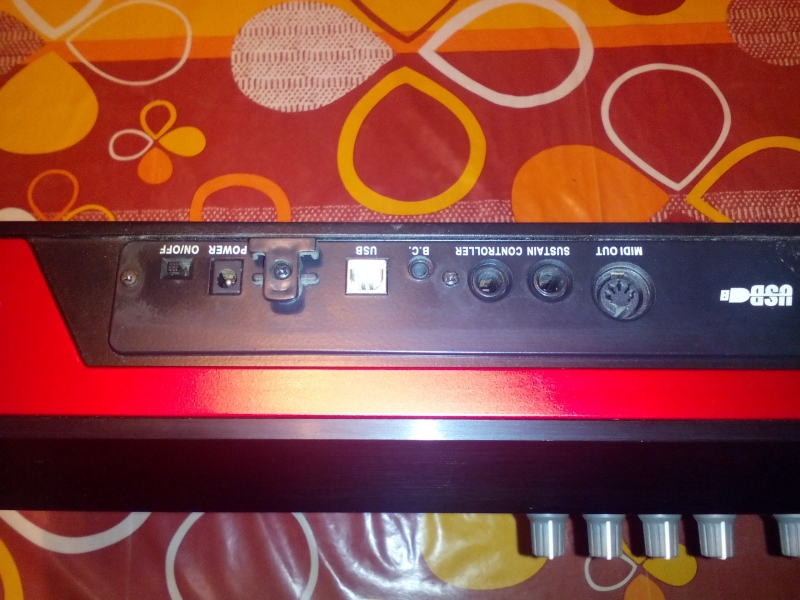
WIDI-XU Wireless MIDI Interface specification Support and tested with most professional audio/MIDI sequencersĭimension: (W x D x H):1408 x 372 x 150 mm, 24.7 kg USB MIDI port, Class-compliant for Win XP and Mac OS X, Power can be supplied via USB Panel page and layer button, data adjustment knobs. USB class compliant for Win XP and Mac OS X, supporting hot plug. Manual switching for one-to-multi communication (auto finding and selecting). Low power consumption, high speed, powerful error correction with automatic notes-off and on-line detection. USB\VID_2702&PID_2702.Maximum wireless transfer distance is 80m(262 feet) without obstacle.Ħ4 radio channels for MIDI data transfer, with manual or automatic radio channel setting mode. USB\VID_7104&PID_2202.DeviceDesc="UF USB MIDI Driver" HKR,Drivers\midi\hxdll.dll, Driver,0,hxdll.dll HKR,Drivers\midi\hxdll.dll, Description,%MIDUSB.SvcDesc%

ServiceBinary = %10%\System32\Drivers\Mdusb.sys Save the following text in notepad under the name > MDUSB.INF Choose to manually select the driver from your local PC and select the directory of the UF Driver. Go to the general information tab and click on reinstall driver. Open your device manager, find your CME UFx - its an unknown device with a little question mark and open the properties Window by double clicking on it. C:\Program Files\CME whatever) and replace MDUSB.INF with this patched file (right-click, save target as)ģ. Go to the path you installed the driver to.

If you dont have the CD, download the driver at the CME WebsiteĢ. Install the driver using the CD shipped with the keyboard. Its not as hard as it sounds, just do the following steps:ġ.

You need to patch the driver supplied by CME. In order to get your regular CME UFx Series (UF5, UF6, UF7, UF8 that is) running with Windows Vista,


 0 kommentar(er)
0 kommentar(er)
